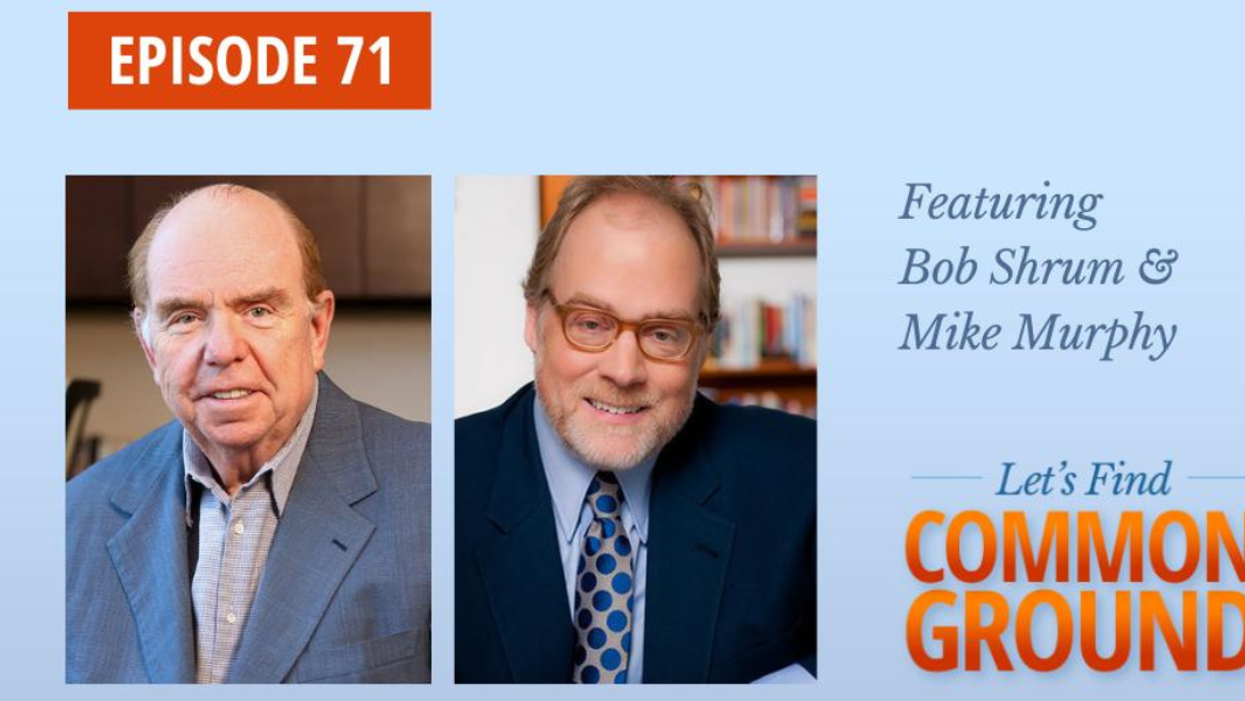Why did the widely forecast “red wave” election turn into a ripple? What are the prospects for finding common ground in Congress where both houses will have razor-thin majorities? What will the midterm election results mean for the future of our Republic?
In this special podcast episode of Let’s Find Common Ground, releasing just days after several key races were determined, two of the most experienced political strategists of recent decades share their insights. Democrat Bob Shrum and Republican Mike Murphy serve as co-directors of The Center for the Political Future at the University of Southern California. Among other topics, they explore their relationship as good friends who are on opposite sides of the political divide.




















Trump & Hegseth gave Mark Kelly a huge 2028 gift